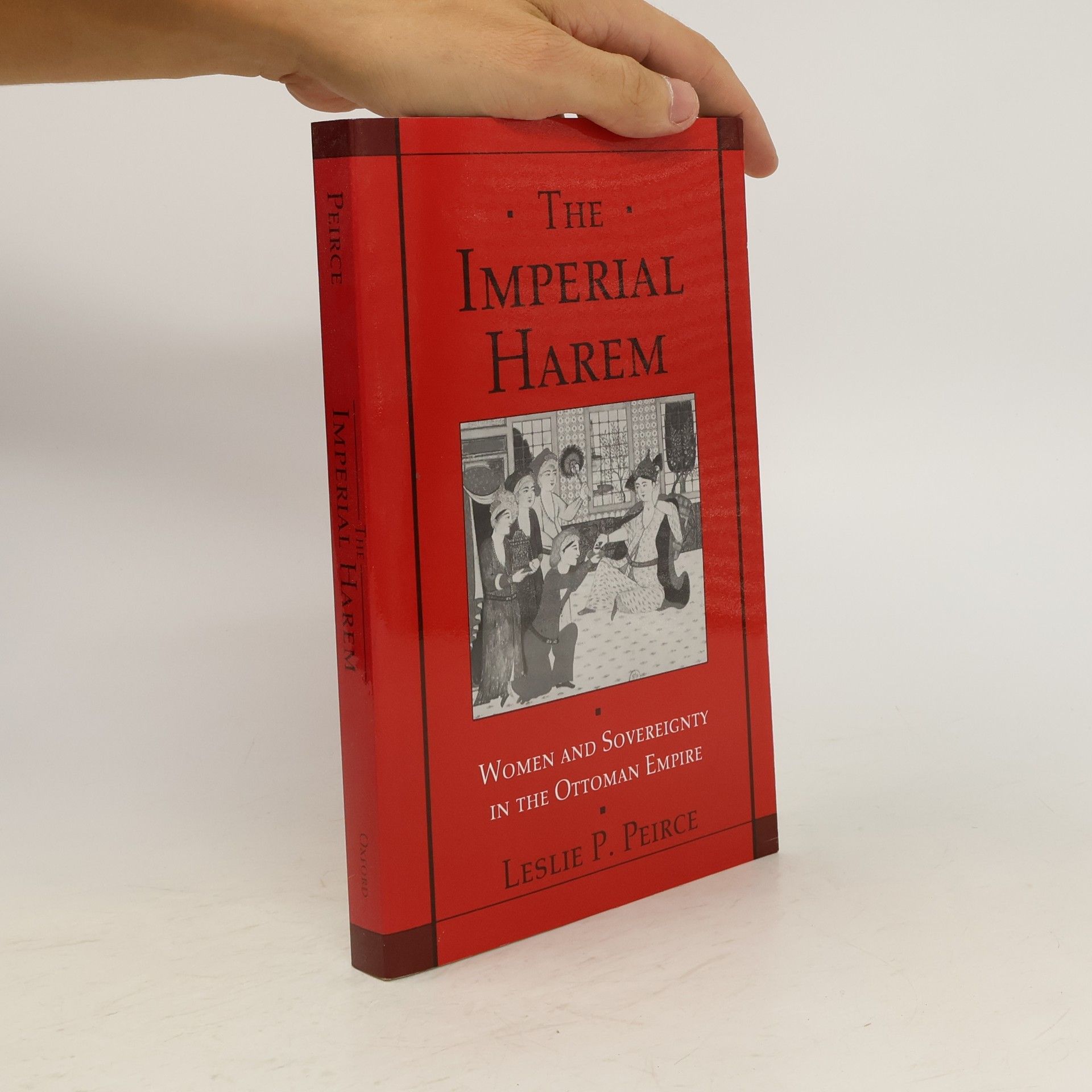The unprecedented political power of the Ottoman imperial harem in the sixteenth and seventeenth centuries is widely viewed as illegitimate and corrupting. This book examines the sources of royal women's power and assesses the reactions of contemporaries, which ranged from loyal devotion to armed opposition. By examining political action in the context of household networks, Leslie Peirce demonstrates that female power was a logical, indeed an intended, consequence of political structures. Royal women were custodians of sovereign power, training their sons in its use and exercising it directly as regents when necessary. Furthermore, they played central roles in the public culture of sovereignty--royal ceremonial, monumental building, and patronage of artistic production. The Imperial Harem argues that the exercise of political power was tied to definitions of sexuality. Within the dynasty, the hierarchy of female power, like the hierarchy of male power, reflected the broadersociety's control for social control of the sexually active.
Leslie P. Peirce Libri
Leslie P. Peirce è una storica il cui lavoro si concentra sulla storia moderna della prima età dell'Impero Ottomano. Approfondisce questioni di genere, diritto e società in questo periodo. La sua ricerca svela le intricate strutture sociali e i sistemi legali che hanno plasmato le vite nell'impero. Peirce offre uno sguardo penetrante allo sviluppo della società moderna della prima età attraverso un'attenta analisi delle fonti storiche.
